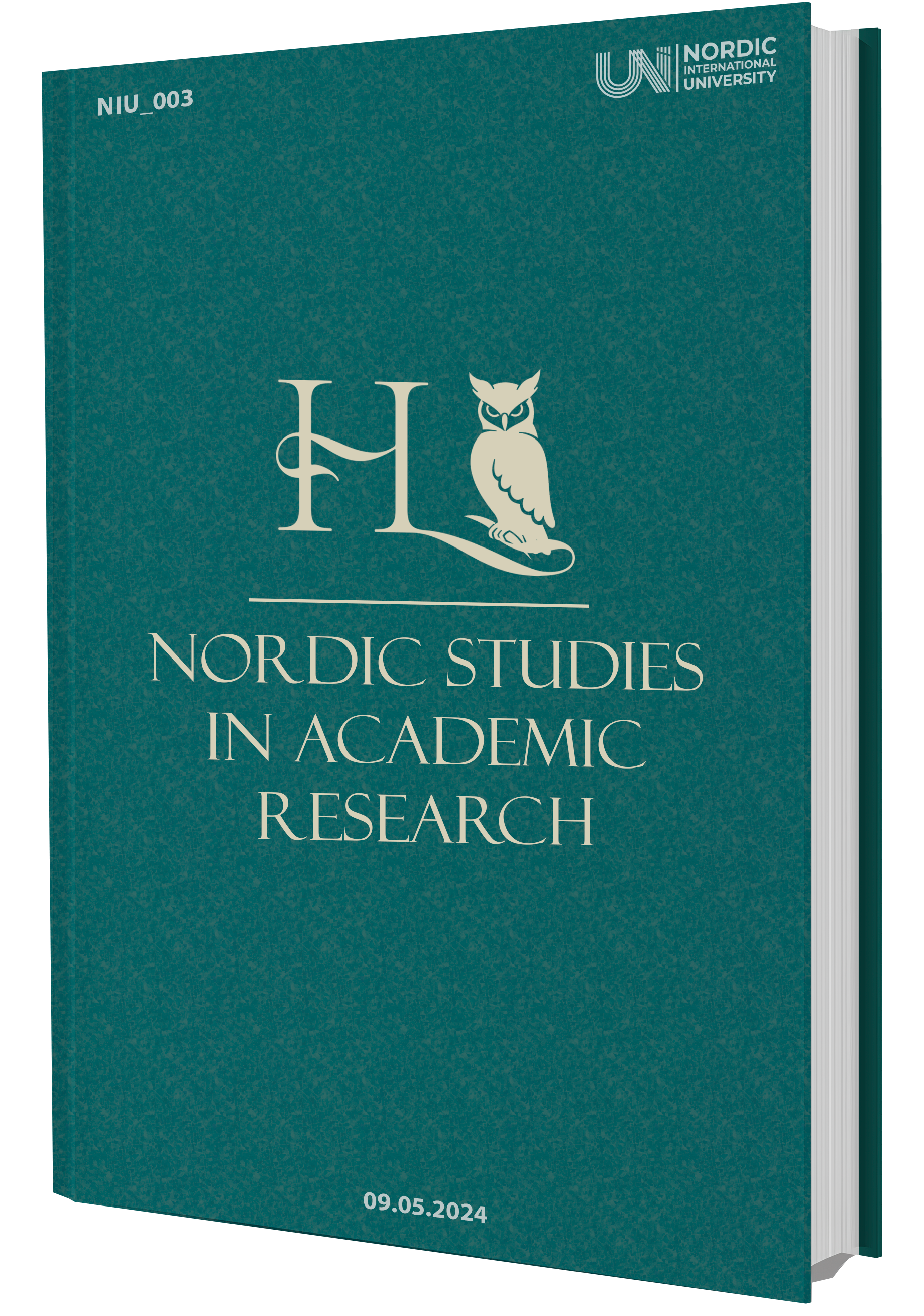The Merits and Demerits of Teaching Foreign Languages Using Online Tools
Ключевые слова:
Online language learning, Foreign language education, Digital learning tools, Gamification , Virtual classrooms, Blended learning, Language acquisition, Self-paced learning, Cultural immersion, Artificial intelligence (AI), Language appsАннотация
Abstract. In the contemporary interconnected environment, the capacity to acquire and instruct foreign languages online has gained significant popularity. Advancements in technology have provided learners with numerous tools and platforms that ensure effective and interesting language acquisition. Nevertheless, whereas online technologies provide various benefits, they also present issues that require consideration. This article examines the advantages and disadvantages of utilizing online resources for foreign language instruction.
Библиографические ссылки
References:
Godwin-Jones, R. (2018). Emerging trends in language learning and technology. Language Learning & Technology, 22(1), 1-15.
Loewen, S., Isbell, D. R., & Spino, L. A. (2019). The effectiveness of app-based language learning. Foreign Language Annals, 52(4), 699-718.
Sharma, P. (2020). Online language learning: Opportunities and challenges. Journal of Language Teaching and Research, 11(2), 123-135.
Hodges, C., Moore, S., Lockee, B., Trust, T., & Bond, A. (2020). The difference between emergency remote teaching and online learning. Educause Review.
Stockwell, G. (2019). Mobile-assisted language learning. The Handbook of Technology and Second Language Teaching and Learning. Wiley.
Davis, H. C., & Fill, K. (2007). Embedding blended learning in a university’s teaching culture: Experiences and reflections. British Journal of Educational Technology, 38(5), 817-828.
Chik, A. (2014). Digital gaming and language learning. Language Learning & Technology, 18(2), 85-100.
Warschauer, M., & Grimes, D. (2008). Audience, authorship, and artifact: The emergent semiotics of Web 2.0. Annual Review of Applied Linguistics, 27, 1-23.
Reinders, H., & White, C. (2016). 20 years of autonomy and technology: How far have we come and where to next? Language Learning & Technology, 20(2), 143-156.
Plonsky, L., & Ziegler, N. (2016). The effectiveness of second language strategy instruction: A meta-analysis. Language Learning, 66(3), 589-633.
Загрузки
Опубликован
Выпуск
Раздел
Лицензия
Copyright (c) 2024 Madina Isakova

Это произведение доступно по лицензии Creative Commons «Attribution-NonCommercial» («Атрибуция — Некоммерческое использование») 4.0 Всемирная.
Условия лицензии
Эта работа доступна под лицензией Creative Commons Attribution-NonCommercial 4.0 International License. Чтобы просмотреть копию этой лицензии, посетите http://creativecommons.org/licenses/by-nc/4.0/ или отправьте письмо по адресу Creative Commons, PO Box 1866, Mountain View, CA 94042, США.
По этой лицензии вы можете:
Поделиться — копируйте и распространяйте материал на любом носителе и в любом формате.
Адаптируйте — делайте ремиксы, трансформируйте и дорабатывайте материал.
Лицензиар не может отозвать эти свободы, если вы соблюдаете условия лицензии. На следующих условиях:
Атрибуция. Вы должны указать соответствующую ссылку, предоставить ссылку на лицензию и указать, были ли внесены изменения. Вы можете сделать это любым разумным способом, но не таким образом, который бы предполагал, что лицензиар одобряет вас или ваше использование.
Некоммерческое использование — вы не имеете права использовать материал в коммерческих целях.
Никаких дополнительных ограничений. Вы не имеете права применять юридические условия или технологические меры, которые юридически запрещают другим делать все, что разрешено лицензией.





